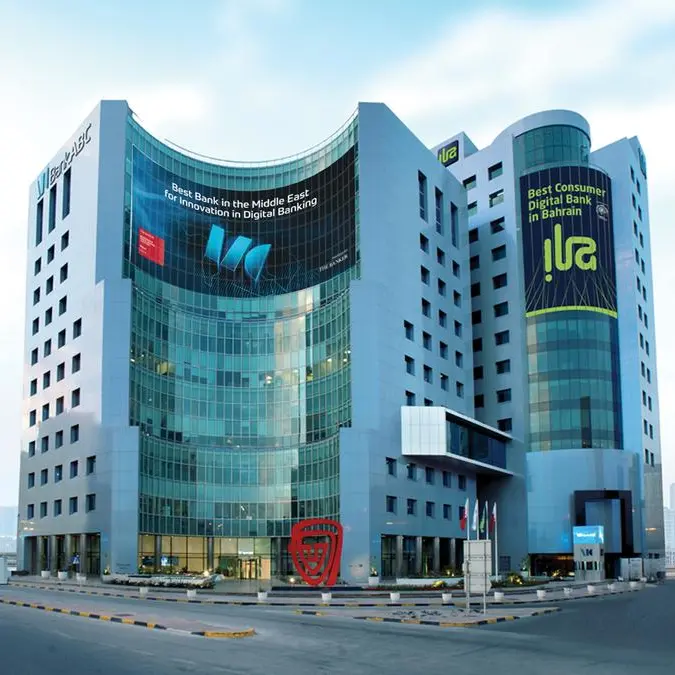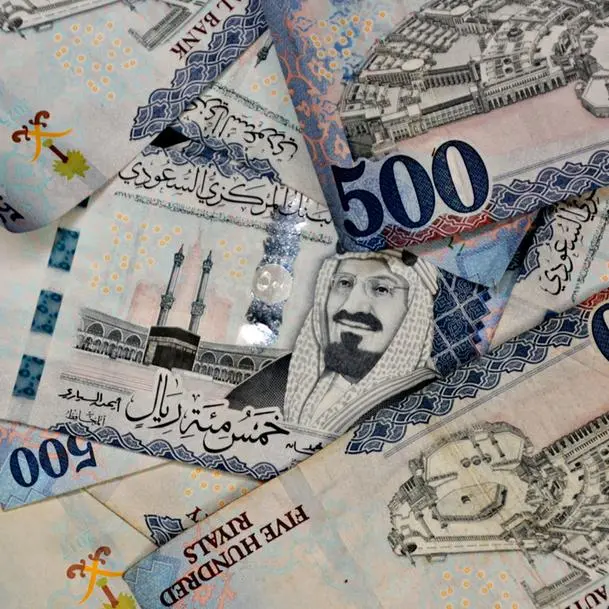PHOTO
The UAE leadership is known for its ambitious vision for the future and desire to be at the forefront of digital transformation. The President, His Highness Sheikh Mohamed bin Zayed Al Nahyan, said, "Our reliance upon knowledge and scientific thinking to achieve total development is the only way to bring our nation to the stage of qualitative, non-oil production."
The UAE's central bank recently announced it is planning a digital currency. It's important to answer the three 'Ws' before we proceed: the why, who and what this means for the country's economy and people living here. In the larger context, the proposed Central Bank Digital Currency (CBDC) is a major step in the country's plan to diversity its economy. So why a develop a CBDC, and who will regulate it?
The UAE's Central Bank Digital Currency is a digital version of a country's fiat currency issued and backed by the central bank. Unlike cryptocurrencies such as Bitcoin that is decentralized and not issued by any central authority, CBDC are created and maintained by a central bank.
These digital currencies emerged as a result of advancements in technology and changes in payment systems. For example, the rise of cashless payments, such as mobile payments and online shopping, has led to a decline in the use of physical cash, prompting central banks to explore new forms of digital currency. In addition, CBDCs can provide greater access to financial services enabling full participation in the formal economy.
Central banks globally have already started responding to the emergence of cryptocurrencies. This is to maintain control over the monetary system and mitigate potential risks posed by private cryptocurrencies. However, some challenges remain, such as ensuring cybersecurity and data privacy, addressing regulatory compliance, and bridging the digital divide for underserved populations.
CBDCs would therefore be used as digital cash, allowing individuals and businesses to make instant, secure transactions without needing a bank or other intermediary.
The UAE's plan to launch a central bank digital currency has the potential to accelerate the country's digital economy transformation. The country has made significant progress in developing its digital economy, mainly in e-commerce, digital payments, and fintech. Launching a CBDC would build on this momentum and position the UAE as a leader in digital finance.
Overall, the UAE's CBDC is an essential step towards the country's digital economy transformation where individuals will benefit significantly. I'll end by quoting His Highness Sheikh Mohammed bin Rashid Al Maktoum, Vice-President and Prime Minister of the UAE, and Ruler of Dubai, "We believe that science, technology, and innovation represent the roadmap for building future generations."
Copyright © 2022 Khaleej Times. All Rights Reserved. Provided by SyndiGate Media Inc. (Syndigate.info).





















